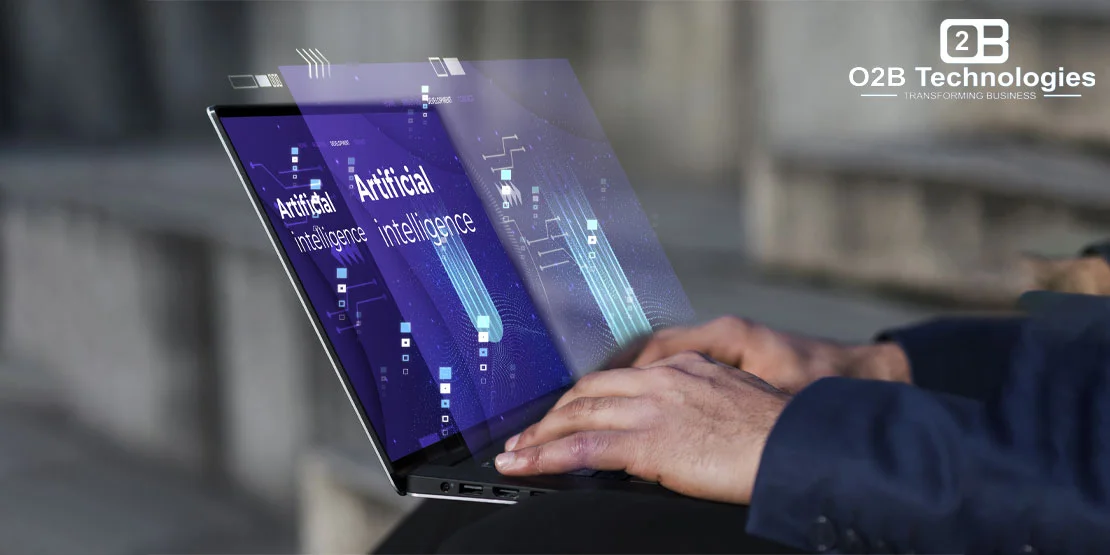
How AI and ERP Systems Work Together?
In the dynamic realm of business technology, the integration of Artificial Intelligence (AI) and Enterprise Resource Planning (ERP) structures stands as a innovative force, reshaping the operational paradigms of companies. This blog embarks on an exploration of the harmonious collaboration between AI and ERP, delving into the nuanced intricacies of their symbiotic relationship.
As agencies navigate the ever-evolving panorama of technological advancements, the synergy between AI and ERP emerges as a catalyst for transformative exchange. AI, with its cognitive abilties and adaptive gaining knowledge of, converges with ERP structures to create a continuing and smart operational framework. Together, they forge a path that transcends conventional strategies, offering organizations a complete strategy to beautify performance, optimize selection-making, and increase typical performance.
This blog ambitions to dissect the complicated layers of this collaboration, shedding mild on the profound impact it has on streamlining commercial enterprise operations. By unraveling the symbiotic dating between AI and ERP, we endeavor to offer insights into how this integration is propelling groups into a new technology of technological sophistication and operational excellence.
The Foundation of AI in ERP Systems
At the heart of contemporary ERP structures, AI revolutionizes business operations. Serving as the spine, AI introduces shrewd automation, facts-driven insights, and predictive analytics. This symbiotic dating elevates ERP competencies, taking into consideration specific and rapid assignment execution. The fusion extends to statistics-driven insights, in which AI algorithms analyze considerable datasets, empowering corporations with valuable facts for strategic decision-making. This transformative collaboration transcends traditional limits, ushering in a brand new technology of smart and adaptive ERP structures.
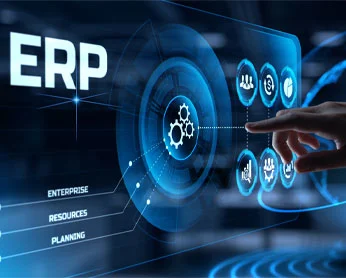
Smart Automation in ERP
This phase delves into the profound effect of AI on streamlining workflows inside ERP systems. AI-driven automation minimizes manual intervention, ensuring responsibilities are performed with precision and efficiency. Real-global examples showcase tangible advantages, from order processing to stock manipulate. Smart automation is not simply theoretical but a transformative component of ERP functionality. Case research exhibit how AI seamlessly integrates into ERP, enhancing the speed and accuracy of habitual operations, providing a glimpse into the future of AI-pushed efficiency inside ERP.
Predictive Analytics Reshaping Decision-Making
Exploring predictive analytics within ERP, this segment unveils the transformative position performed through AI algorithms in decision-making techniques. Predictive analytics, empowered through AI, offers a forward-looking attitude past traditional records evaluation. Real-global scenarios illustrate how it turns into a strategic asset, optimizing aid allocation, refining strategic planning, and enhancing standard operational efficiency. This comprehensive manual sheds mild on the profound effect of predictive analytics, showcasing its ability to reshape choice-making inside ERP structures.
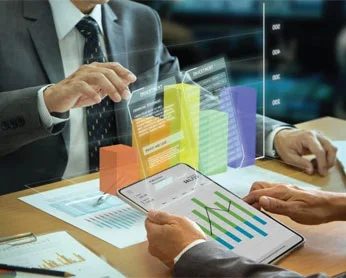
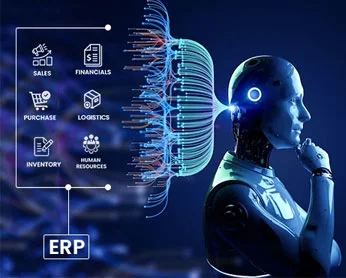
Personalizing Customer Interactions with AI in ERP
This phase delves into AI-driven abilities in ERP's Customer Relationship Management (CRM) modules, focusing on sentiment analysis and personalized interactions. AI integration permits organizations to recognize patron behavior, facilitating more significant and engaging interactions. By leveraging AI, ERP structures can tailor purchaser stories, fostering loyalty and satisfaction. This personalised method is pivotal inside the digital panorama, in which purchaser-centricity is paramount for business success. Real-international programs spotlight the practical implications and transformative potential of AI-driven personalization inside ERP.
AI-Infused Sales Forecasting in ERP
Unveiling the transformative impact of AI on sales forecasting inside ERP systems, this phase explores how correct predictions based on historic statistics and marketplace developments beautify choice-making. AI-powered income forecasting is a strategic device that contributes to higher inventory control and operational efficiency. By understanding marketplace dynamics and purchaser conduct, companies can optimize their sales techniques, ensuring responsiveness to converting demand and market conditions. Through AI-infused sales forecasting, ERP systems end up valuable belongings, guiding companies toward informed and a hit income operations.


Dynamic Pricing Strategies for Optimal Profitability
This phase delves into the position of AI algorithms in allowing dynamic pricing strategies inside ERP systems. AI-pushed pricing strategies make certain responsiveness to market fluctuations, call for shifts, and competitive dynamics. Organizations can maximize profitability by using adapting pricing strategies in real-time, aligning with marketplace conditions. This dynamic technique to pricing, facilitated with the aid of AI, complements competitiveness and profitability, showcasing the adaptive abilties of ERP systems. Real-global applications illustrate how businesses can leverage AI to optimize pricing strategies and obtain most beneficial economic effects.
Overcoming Challenges: The Journey Towards Integration
Acknowledging the challenges inherent in integrating AI with ERP structures, this section explores techniques, fine practices, and insights to overcome hurdles. Navigating the journey towards seamless integration calls for a nuanced expertise of technological, organizational, and cultural demanding situations. By providing sensible steering, this segment empowers agencies to conquer obstacles, ensuring a easy transition closer to a extra clever and responsive operational environment. Lessons learned from real-world reviews offer precious insights into the complexities of AI-ERP integration, facilitating informed decision-making and successful implementation strategies. The emphasis is on realistic answers, fostering a proactive approach to cope with challenges and capitalize on the transformative capability of AI inside ERP structures.
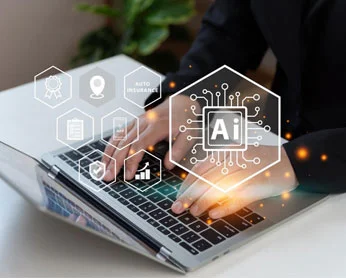
FAQs
How does AI enhnace the abilities of ERP systems?
AI serves as the spine of contemporary ERP structures, elevating skills through intelligent automation, records-pushed insights, and predictive analytics. This collaboration empowers organizations with efficiency and strategic foresight.
What is the impact of clever automation in ERP workflows?
Smart automation minimizes guide intervention, ensuring duties are accomplished with precision and performance. Real-world examples show how AI-driven workflows optimize habitual operations, from order processing to inventory control.
How does predictive analytics reshape decision-making in ERP?
Predictive analytics, fueled by means of AI, affords a ahead-searching angle, expecting future traits and optimizing aid allocation. It enhances strategic making plans and typical operational performance.
How does AI personalize client interactions inside ERP's CRM modules?
AI in ERP's CRM modules employs sentiment analysis and customized interactions, allowing corporations to understand customer conduct and decorate engagement.
How does AI-infused sales forecasting make a contribution to ERP structures?
AI transforms sales forecasting in ERP, allowing correct predictions based on historic facts and marketplace trends. This contributes to better inventory control and strategic selection-making.
How do dynamic pricing techniques paintings in ERP structures with AI?
AI algorithms enable dynamic pricing techniques, ensuring responsiveness to marketplace fluctuations, demand shifts, and aggressive dynamics. This leads to maximized profitability thru adaptive pricing.
What challenges can also agencies face in integrating AI with ERP, and how can they be conquer?
Challenges in the course of integration include technological hurdles and flexibility issues. Strategies, high-quality practices, and insights are discussed to triumph over these demanding situations, making sure a smooth transition toward a more smart and responsive operational surroundings.










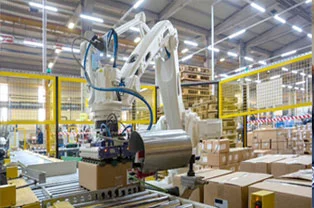















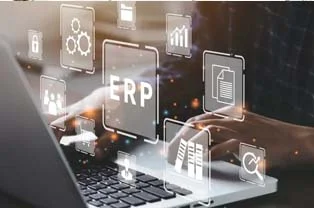





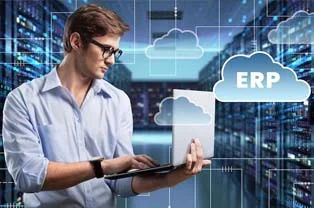






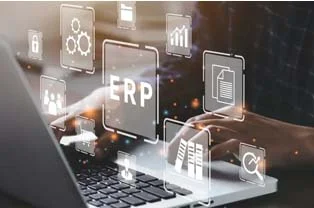



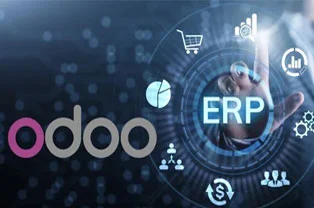


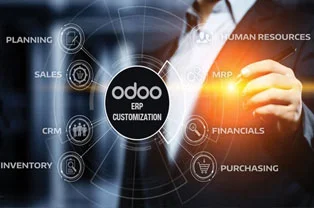

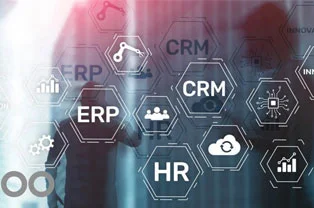
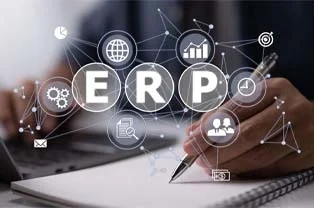








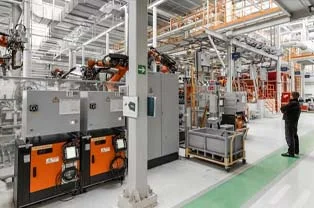






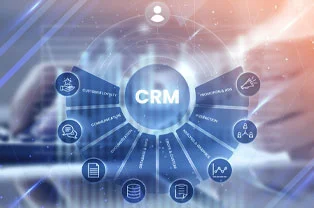


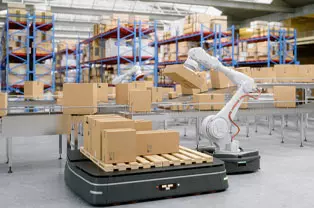




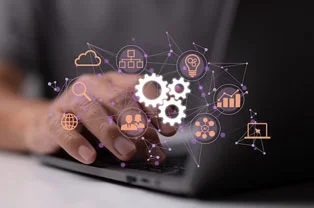



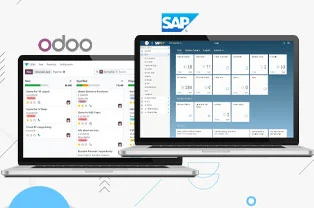

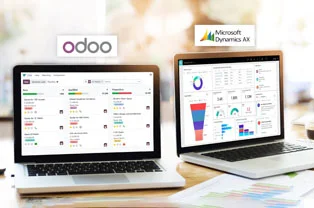
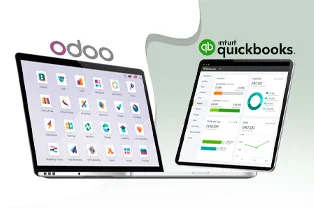
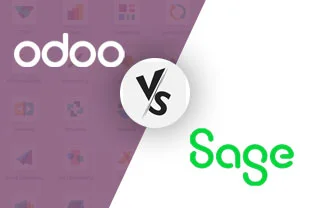
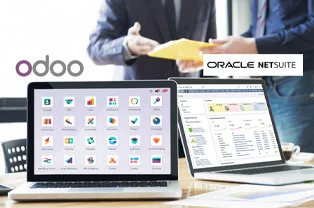
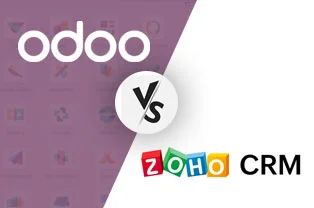
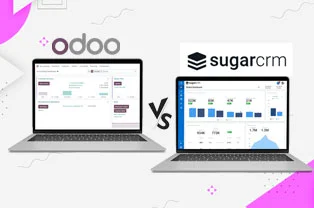
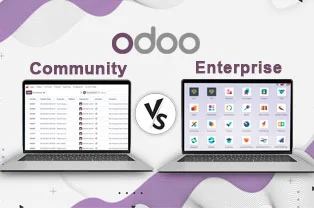
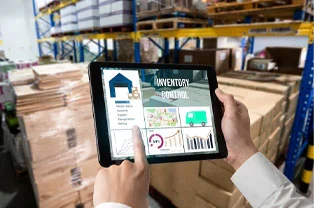












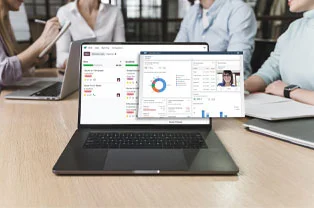


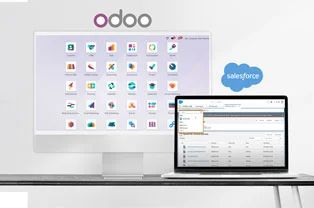




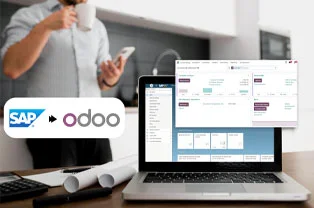


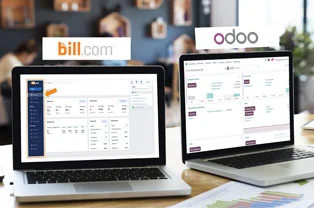





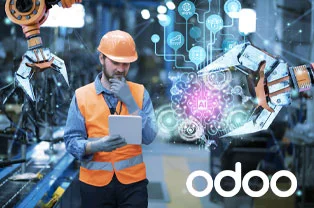

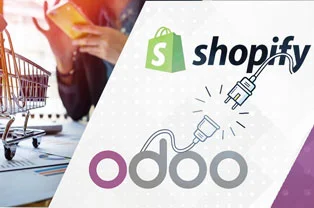
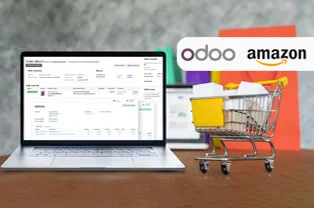

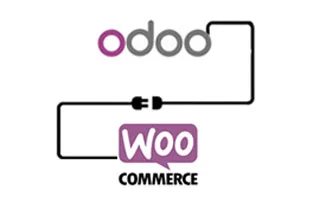

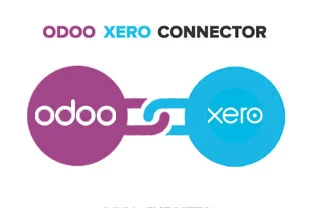





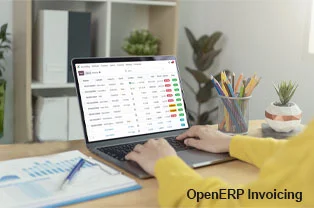
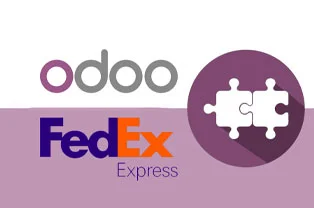
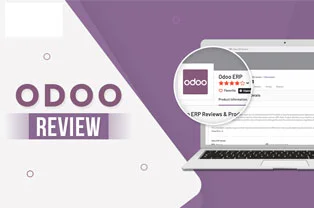

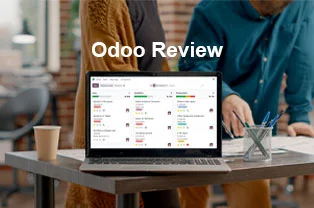









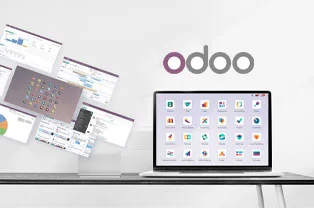


















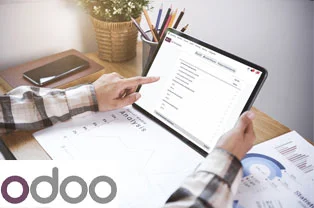
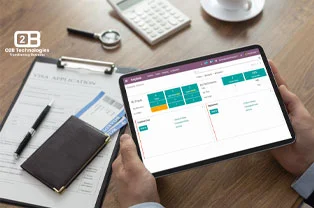



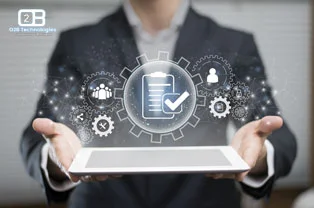




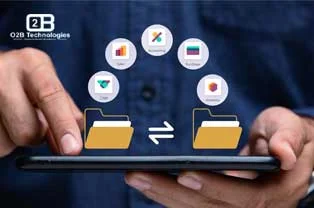
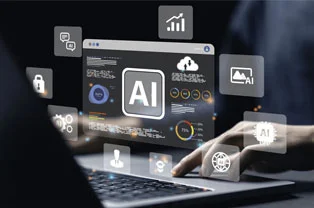

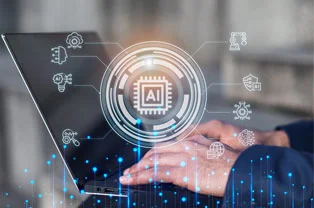

 USA
USA INDIA
INDIA